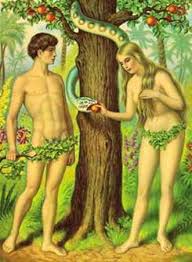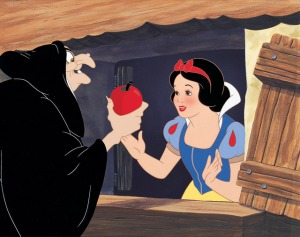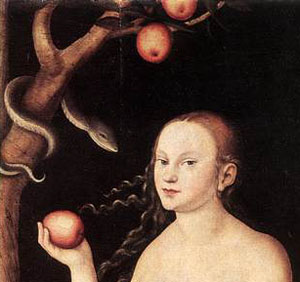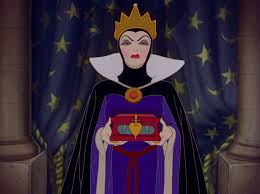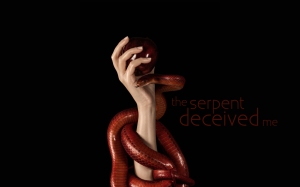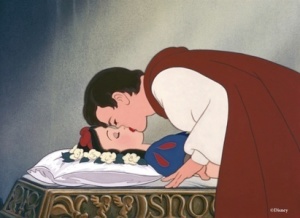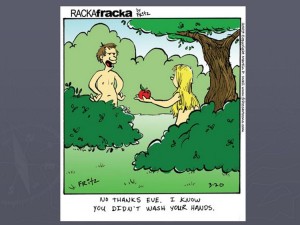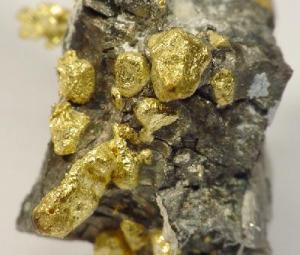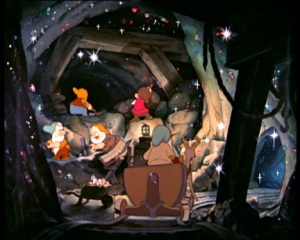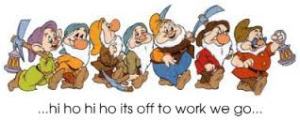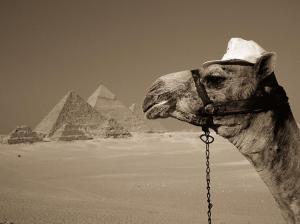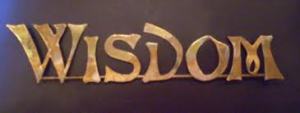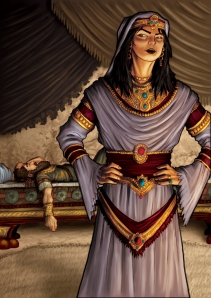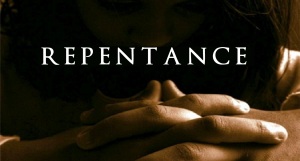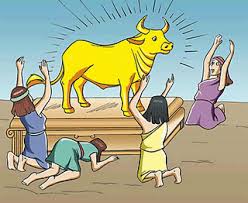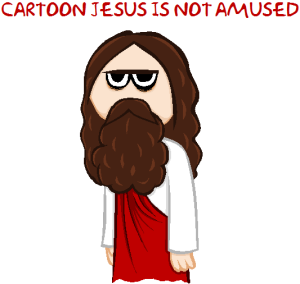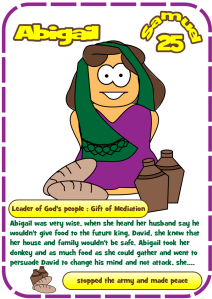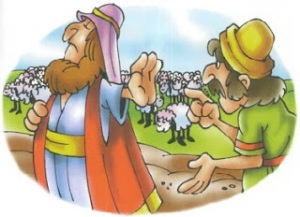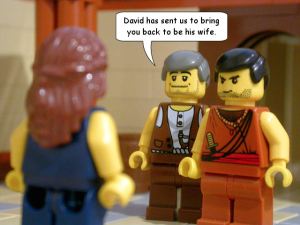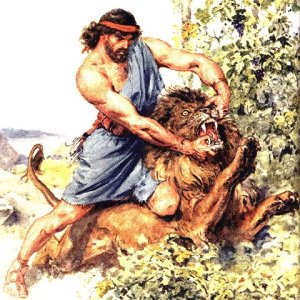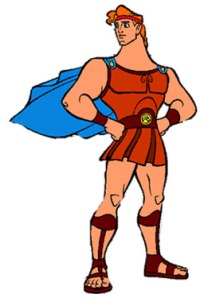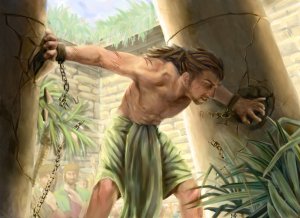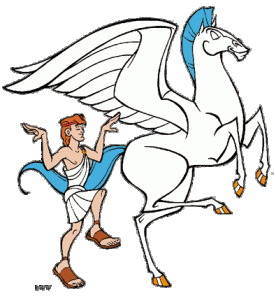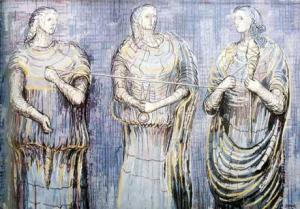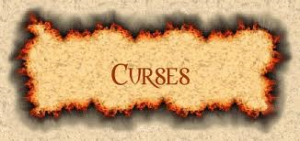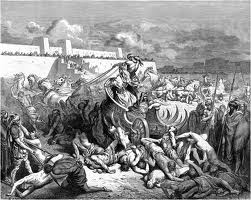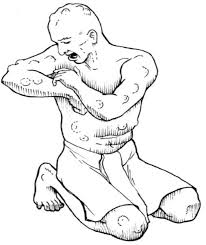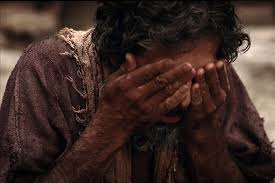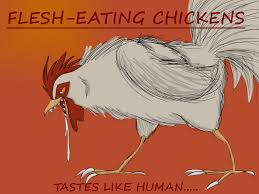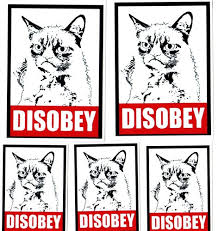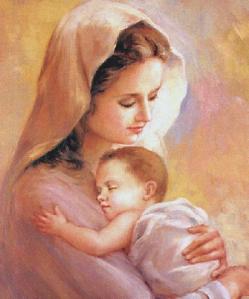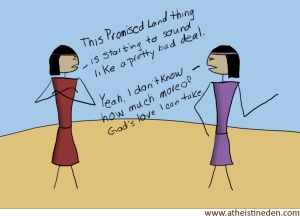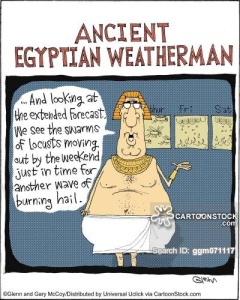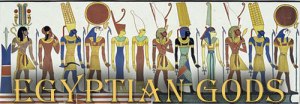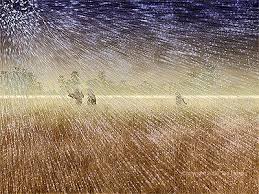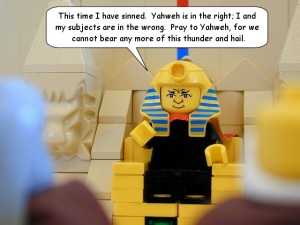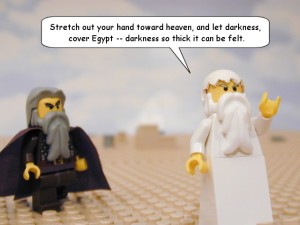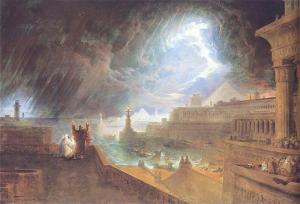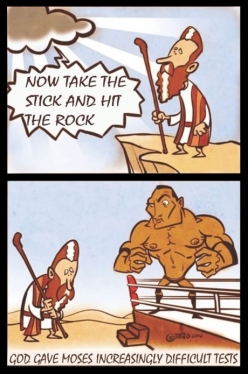Snow White and the Seven Dwarfs is known as Walt Disney’s first animated princess. (1937) But, is there a deeper meaning behind it? (Warning Spoiler Alert)
The story of Snow White is one that is very well known. Being one of the oldest Disney characters, she is a household name. But, just incase you are not familiar, here is a quick brief: Snow White is a fourteen year old girl who is basically orphaned. Her father remarried and then passed away. Snow White is stuck with her stepmother, who is evil and then she runs way, lives with seven men, gets tricked into eating an apple, dies, and is brought back to life by true loves kiss. Wow, crazy story, right? But, Disney and The Grimm Fairy tales are not solely responsible for this production. The Bible plays a huge role in the making of this film.
How could the Bible possibly influence a Disney Master piece?
“So when the woman saw that the tree was good for food, and that it was a delight to the eyes, and that the tree was to be desired to make one wise, she took of its fruit and ate, and she also gave some to her husband who was with her, and he ate.” Genesis 3:6
Snow White can be seen as Eve, the evil queen as Satan, the forbidden fruit as an apple, The Seven Dwarfs as angles and Prince Charming as God.
Snow White and Eve do share some common characteristics. Snow White is a young naive girl. Even though we are not sure of the exact age of Eve, we can see that she is also naive. They are both easily gullible. Eve knew better than to take the fruit from the serpent, but she did anyways. I guess that is what started the “no talking to strangers rule”. By taking the fruit, she changed the world she lived in as she knew it. Snow White on the other hand, does a act in the movie by Walt Disney. Snow White takes the cursed fruit from a very suspicious, and ugly, witch. Knowing it was against her better judgement, she bit into it and her world changed. They both let their carelessness get the best of them. The act that they did caused them their lives in one way or another.
The evil queen, who does not have a name, can be seen as Satan/serpent. We know from reading Genesis that Satan is jealous and conniving. He will stop at nothing until he gets what he wants. Satan is the antagonist of all antagonists. If you see a villain, he will more than likely have a Satan quality. Well, Disney wanted to make sure that they put in as many hidden qualities as possible. The evil queen, who is also known as Snow White’s stepmother, carries many Satan like qualities. She is evil (obviously), vain, and persistent. The evil queen has a mirror that feeds her vanity. The Mirror tells her religiously that she is “the fairest of them all”. Until Snow White, that is. Satan is banished from Heaven for a few of the qualities the queen has. We know Satan sees himself as the mightiest of them all, but if he is so confident, then why did he feel so inferior? The same question can apply to the queen. They both present a naive girl a piece of fruit. Even though their overall motives may very, they still have some similar qualities.
The symbol of the “forbidden fruit” has adapted the look of an apple, so it is no secret why Disney chose an apple to kill Snow White. The apple is symbolic in itself. It is almost engraved in our minds that Satan gave Eve an apple. Each piece of fruit caused a dramatic change. In the Garden of Eden, it brought sin to man. In Snow White and the Seven Dwarfs, it brought death. They both bring a form of evil that can only be saved by a higher power. The destruction that the fruit brings is unlike any other. How can something so small bring such destruction? Eve and Snow White do not help the female race out in trying to defend ourselves. If anything, they make us look dumb. But, that is alright, we get great morals out of the stories, right?…..
The Seven Dwarfs, Doc, Grumpy, Happy, Sleepy, Bashful, Sneezy, and Dopey can be seen as Snow Whites guardian angles. Even though this is not a direct reference to Genesis like the other comparisons, it is still feasible. Also, I do not think it is a coincidence that there are seven of them. The number seven is all throughout the bible. The dwarfs help Snow White in any way that they can. They save her and try to keep her as safe as possible. They play the role of what Christians believe their “guardian angles” play.
Last, but not least, Snow White’s Prince Charming can be seen as God. Charming is her overall savior from the wickedness of the queen. God is the overall savior of Eve, even though she disobeyed him. Charming brings Snow White back to life by a kiss and God brings Eve “back to life” (by that I mean, giving her another chance when he should have killed her) by forgiveness (with some consequences involved). They are both protagonists and are considered saviors.
https://www.youtube.com/watch?v=4lWiUajy-xo
There are many references to Genesis in today’s society. Snow White and the Seven Dwarfs is a very close recreation of the oldest story of all time. Even though they do not follow along the same plot, you see a lot of similar characteristics present in both. They have a great moral meaning behind them for any religion or race. The allusion Walt Disney gives to the Bible in Snow White and the Seven Dwarfs is excellent and presented to the audience very well, as a modern day eve, without the snake.
